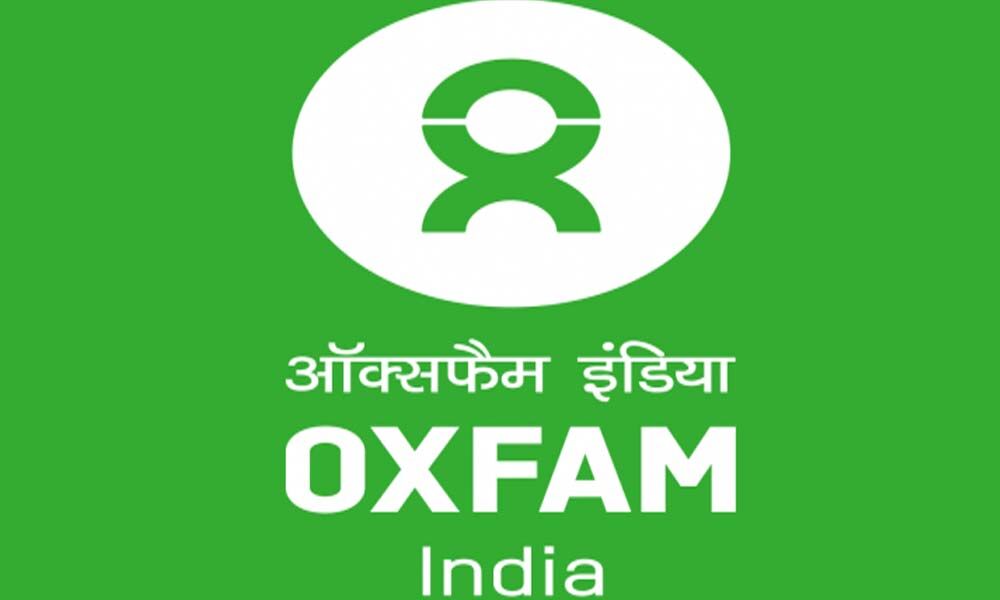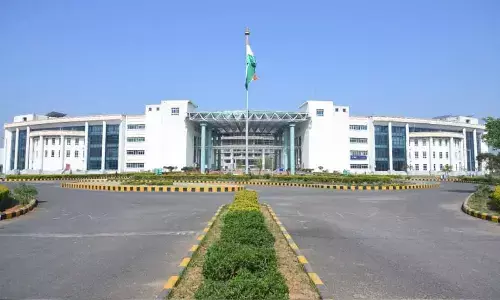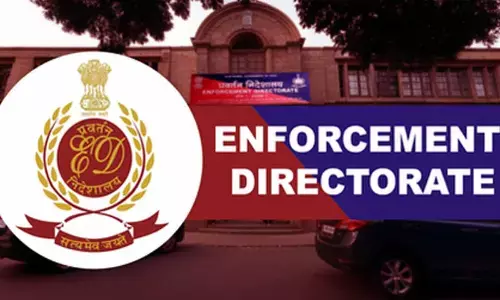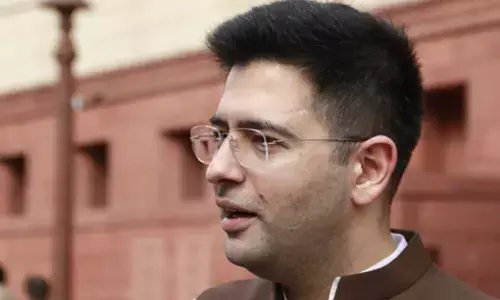Implement Patients' Rights Charter To Make Private Healthcare Accountable: Oxfam

Oxfam India
New Delhi: The governments, civil society, communities, and medical fraternity across the globe will commemorate April 7 as World Health Day and pledge for building fairer and healthier world for everyone. On this occasion, it is important to highlight that the vision of building fairer and healthier in India is impossible without recognising the rights of patients and making healthcare providers accountable. This World Health Day, Oxfam India is calling for the implementation of Patients' Rights Charter (PRC) and clear mechanisms for grievance redressal for healthier India by state and Union Territories (UTs) governments.
The COVID-19 pandemic has prompted Union and State governments to invest in public health infrastructure and resources. However, 69.9% ailments were treated by the private healthcare sector (NSSO 75th Round 2017-18) making it bigger healthcare provider than the government itself. Calling Indian healthcare system as 'one of the most highly privatised and commercialised in the world', the Oxfam India analysis of Indian private healthcare regulations recommended accountability mechanisms such as PRC for the private healthcare providers.
High reliance on an unregulated private sector pushes millions of Indians into poverty and deprives our rural and urban poor, Dalits, Adivasis, women, specific religious and ethnic minority groups from their right to health. The implementation of PRC which recognises around 17 patients' rights including transparency in treatment rates can be a step in the right direction to make private healthcare more accountable to marginalised communities.
The need for Patients' Rights Charter
In August 2018, Ministry of Health and Family Welfare (MoHFW) released India's first Patients' Rights Charter (PRC) with the recommendations from National Human Rights Commission (NHRC). Health being the state subject, the MoHFW urged state governments to adopt the PRC through a letter in June 2019. Even after two years, PRC is yet to be adopted by state and union territories in India. The COVID-19 pandemic has brought the issue of patients' rights at the forefront with private hospitals openly violating patients' rights and making healthcare even more inaccessible to the people especially the marginalised communities. Recognising the growing patients' rights violations during the pandemic, National Human Rights Commission (NHRC) recommended state governments to implement PRC through an advisory issued in September 2020.
Anjela Taneja, Oxfam India's Lead for Health and Inequality said, "85.9% of India's rural population have no health insurance. In a state like Delhi, even capped COVID rates could financially cripple 80% of the Delhi's citizens. At a time when India is seeing a new COVID surge, it is time to not just cap COVID treatment rates but also notify the Patients' Rights Charter and establish a speedy and effective grievance redressal mechanism in case of violations by hospitals. In the end, India needs a strong universal, free public health system."
The lack of transparency in private hospital bills often contributes to overcharging and patients are left helpless in absence of grievance redressal mechanism. In 2011-12, 55 million people were pushed into poverty through out-of-pocket (OOP) expenditure on health. An analysis of bills from four reputed private hospitals in the Delhi and NCR region by the National Pharmaceutical Pricing Authority (NPPA), Government of India revealed that the establishments make profit margins from 100 % to 1,737% on drugs, consumables, and diagnostics, and these three components account for about 46% of a patient's bill.
During the pandemic state governments actively regulated prices of COVID-19 treatments through Government Orders (GOs) and circulars. This also prompted several state governments and local bodies to run help desks for patients suffering from overcharging and denial of healthcare. It is time that state governments use learnings from COVID-19 pandemic and incorporate permanent grievance redressal with PRC to improve healthcare access especially for the marginalised communities who are disproportionately affected by these problems.
You can access the draft of Patients' Rights Charter here.










